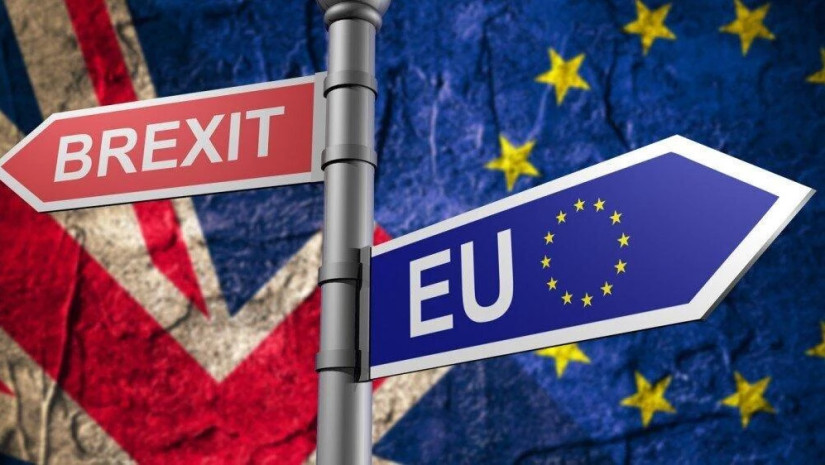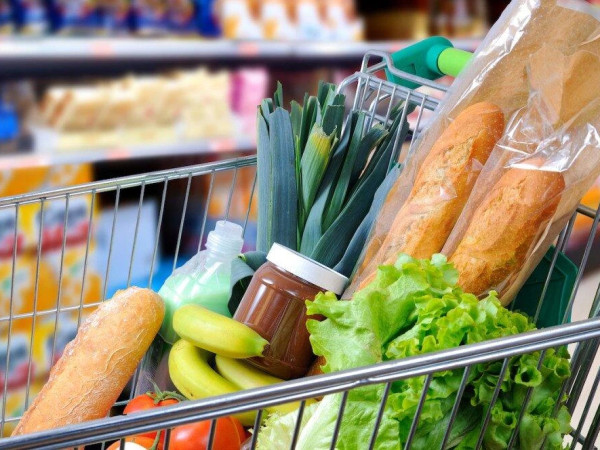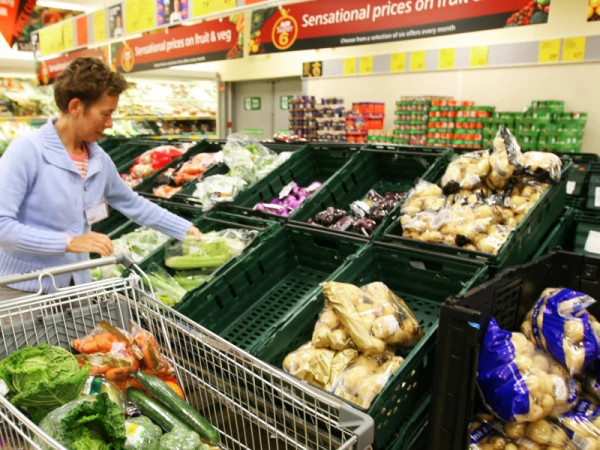Leaving the EU added nearly £6 billion ($7.2 billion) to household food bills in the UK, with the poorest bearing the brunt, according to new research released Thursday.
The price of food products increased by 3% a year since Brexit, leading to a 6% jump over a two-year period, London School of Economics researchers have discovered.
Brexit caused a loss of £210 for the average UK household, or £6 billion overall, according to the report, titled Non-tariff barriers and consumer prices: evidence from Brexit.
“Since poorer households spend a larger fraction of their income on food, they are hit harder,” said Nikhil Datta, assistant professor of economics at Warwick University and one of the report’s co-authors.
The UK’s annual inflation rate spiked to 11.1% in October, the highest since October 1981.
Latest data from the British Retail Consortium trade body indicates UK food price inflation hit a new high of 12.4% in November, driven by a surge in prices of essentials such as eggs, dairy products, and coffee.
“In leaving the EU, the UK swapped a deep trade relationship with few impediments to trade for one where a wide range of checks, forms, and steps are required before goods can cross the border,” Datta said.
“Firms faced higher costs and passed most of these on to consumers.”
Trade in the EU “goes far beyond the elimination of tariffs within its borders: it also minimises non-tariff barriers (NTBs) to trade through, for example, mutual recognition of standards,” the report explained.
It emphasized that NTBs are “an important impediment to trade that should be a first-order concern, at least on par with tariffs, for policymakers interested in low consumer prices.”
The researchers said the Trade and Cooperation Agreement signed after Brexit enables the UK to have tariff-free trade with the bloc, but “it lacks the depth of the EU.”
They said the deal entails more NTBs between the two, including broad customs checks, rules of origin requirements, and other measures that have significantly increased trading costs, AA reports.















